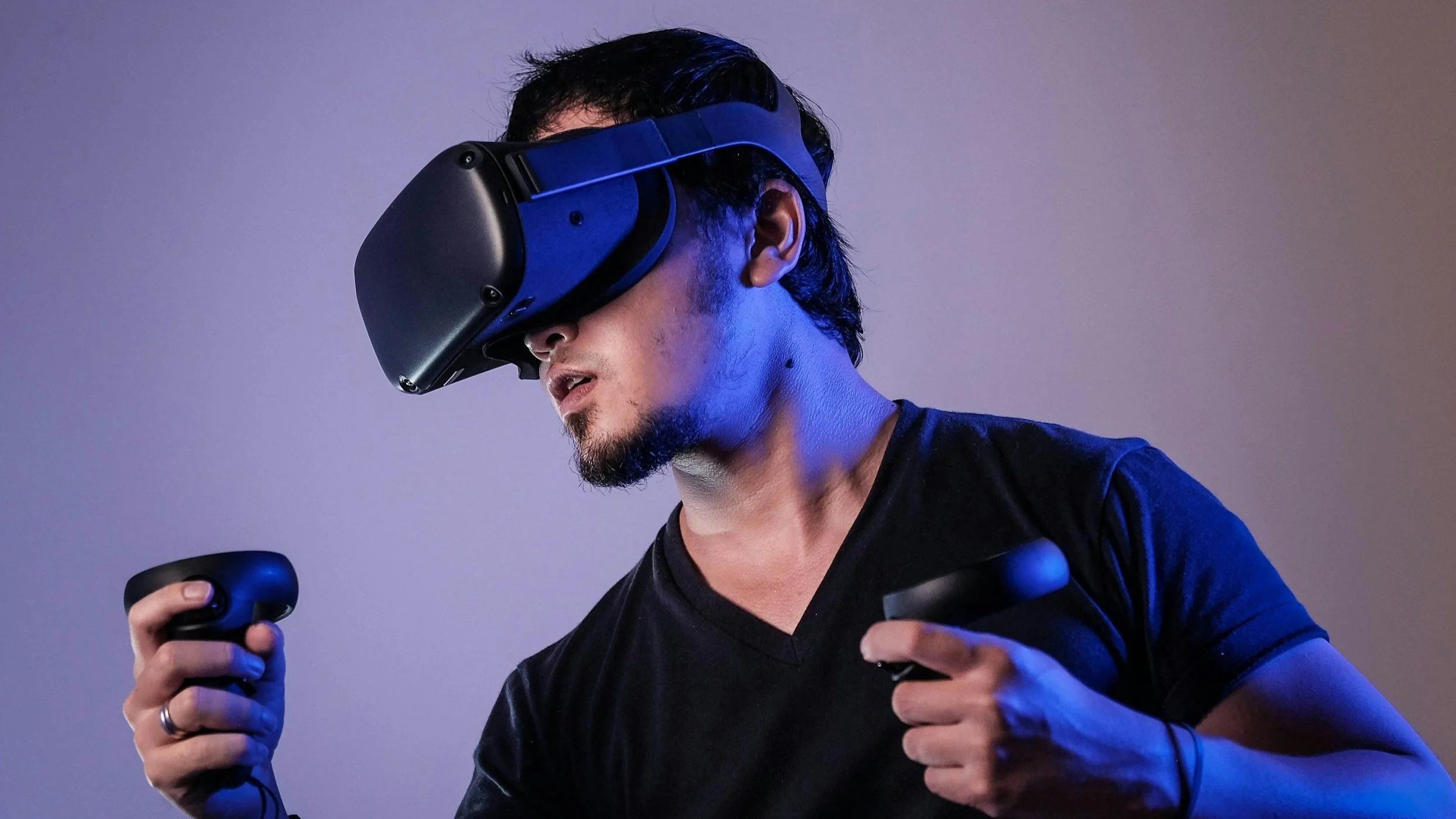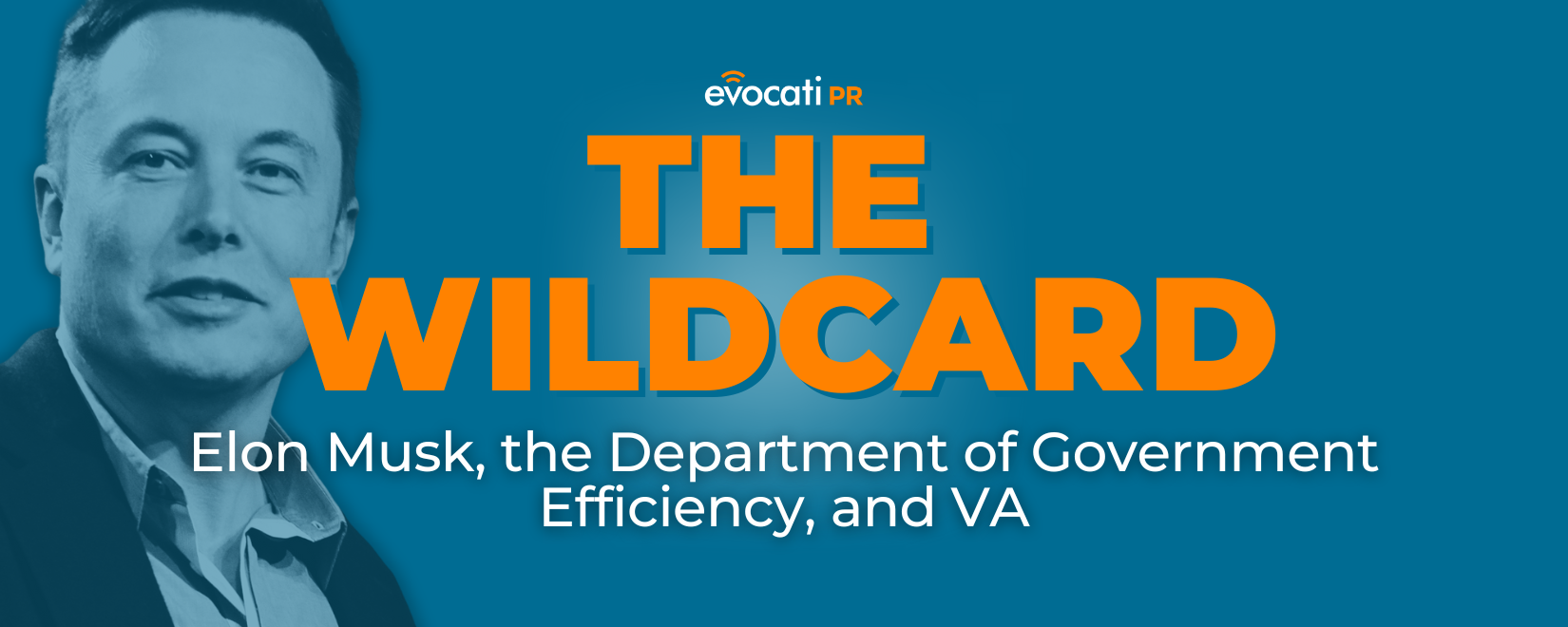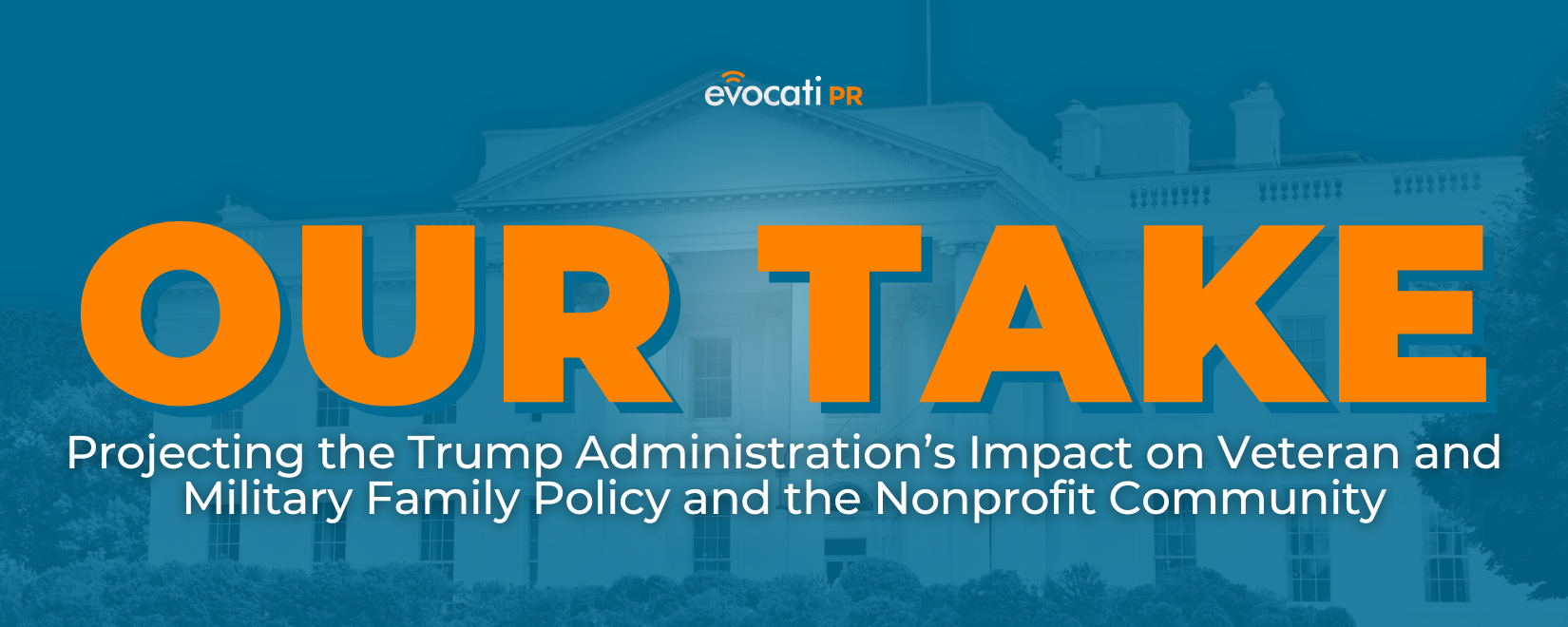The Wildcard
Elon Musk, The Department of Government Efficiency (DOGE), and VA
“While Mr. Musk’s immediate interest might align with the defense and environmental sectors of the federal government, we anticipate VA, and its size and potential for rapid innovation, to provide a strong gravitational pull he can’t avoid.”
Introduction
Given VA’s practical footprint and share of the federal budget, and Musk’s focus on technology, veteran-serving nonprofits should consider how his influence might affect the military-connected community. This article is a condensed extract from a confidential brief sent to our clients. It's intended to help professional communicators who serve this community anticipate their PR and marketing needs.
About Elon Musk
Elon Musk played a significant role in the 2024 U.S. Presidential election, primarily through his financial contributions and public support for President-elect Trump. His super PAC spent an estimated $200 million. Mr. Musk's influence extended beyond financial contributions, as he frequently appeared alongside the President-elect at campaign events, leveraging his social media platform, X (formerly Twitter), to amplify pro-Trump messages.
Mr. Musk has proposed a radical overhaul of federal spending. He aims to cut at least $2 trillion from the federal budget, focusing on reducing waste and overregulation.
Last week, President-elect Trump announced that Mr. Musk and Vivek Ramaswamy—who made reducing government waste a key policy platform for his Presidential campaign—will co-lead a new “Department of Government Efficiency” (DOGE) in his second Administration. The purpose of this new entity is to identify and eliminate unnecessary spending, which inevitably, will include VA and its $300-plus billion budget.
WATCH: What to Expect From Elon Musk's New 'DOGE' Job Under Trump | Bloomberg
Target of Opportunity
VA operates a vast network of facilities worldwide and is the nation’s largest integrated healthcare network. VA manages approximately 1,300 healthcare facilities, which include VA Medical Centers and outpatient sites of care. Additionally, VA has numerous regional offices and other administrative facilities to support veterans’ benefits and services in nearly every state and territory.
In terms of its footprint compared to other federal agencies, VA is one of the largest. It employs more than 350,000 healthcare professionals and federal staff, making it the largest integrated healthcare system in the United States and the second-largest federal agency behind the Department of Defense.
In fiscal year 2023, VA's budget was around 3.5% of federal spending, while in fiscal year 2022, it was about 4.3%. For fiscal year 2023, VA had a budget of approximately $301.4 billion.
Potential Innovations
Will we see more Virtual Reality used at VA? (Source: Unsplash.com)
Below we identify where DOGE and Mr. Musk may focus their efforts and recommendations inside VA and the military-connected community.
Technological Overhaul: Mr. Musk could recommend a massive technological overhaul at VA, including AI-driven systems for processing claims, reducing wait times from months to mere days. Veterans could have access to a personalized digital assistant (think of a VA-specific version xAI or ChatGPT) to help navigate benefits, schedule appointments, and provide mental health support. VA is already firmly ensconced in AI development and integration.
Telehealth Expansion: With Mr. Musk's focus on innovation and rapid iteration, VA might see a significant expansion in telehealth services including through virtual reality (VR). Veterans in remote areas could receive medical care through VR consultations, where VA personnel can perform detailed examinations using advanced VR technology. VA already embraces VR in limited cases for patient care through its VA Immersive Office.
Renewable Energy Initiatives: Mr. Musk's passion and companies built around sustainability could lead to VA adopting renewable energy solutions at most if not all of its facilities. VA hospitals and facilities, of which there are more than 1,300, might be powered by solar and Tesla batteries, reducing operational costs and promoting environmental responsibility.
Enhanced Mental Health Support: Mr. Musk's interest in neural technology (through his company, Neuralink) could revolutionize mental health support for veterans. Advanced brain-computer interfaces could be used to treat PTSD and other mental health conditions, providing veterans with cutting-edge therapies that were previously unobtainable.
Streamlined Bureaucracy: DOGE could recommend blockchain technology to streamline bureaucratic processes in VA in addition to traditional cost-cutting measures. This would ensure transparency, reduce paperwork, and eliminate redundancies, making it easier for veterans to apply to and access benefits.
Futuristic Training Programs: Veterans transitioning to civilian life could benefit from future-focused training programs. Mr. Musk's companies could offer specialized training in fields like AI, robotics, and renewable energy, providing veterans with valuable skills for the job market of the future.
Conclusion
While Mr. Musk’s immediate interest might align with the defense and environmental sectors of the federal government, we anticipate VA, and its size and potential for rapid innovation, to provide a strong gravitational pull he can’t avoid.
Many of the products and services VA provides have a direct correlation to his companies and interests including in areas like robotics, material design, AI, neural implants, blockchain technology, and renewable energy.
We don’t know how his influence will impact the community and our clients, but we do know it's only a matter of time. Our clients and veteran-serving nonprofits should prepare for the possibility of rapid technological change and innovation inside VA.






